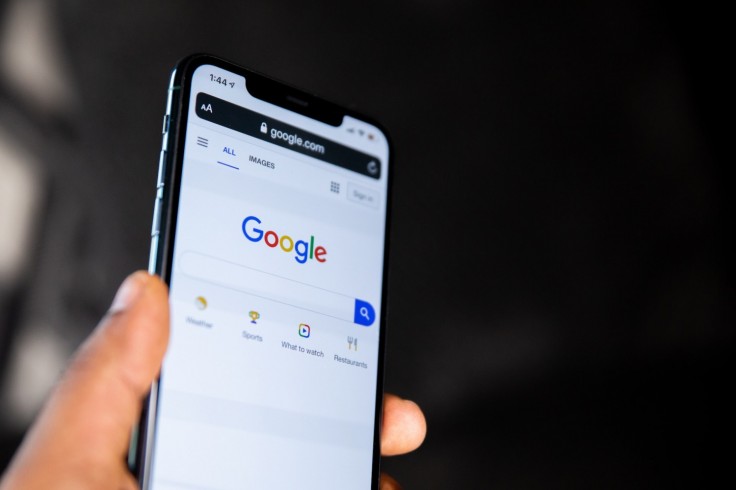
In the last 12 months, there has been a race that has the potential to dramatically change the daily lives of humankind. It is a development process between an industry giant and a smaller corporation that entered the marketplace first. The applications of the technology involved will undoubtedly change how many people approach content creation, coding and researching information, although the potential of this technology has almost limitless uses. In short, this technology is the evolving world of AI and chatbots. OpenAI released their first version of this software in November 2022 as ChatGPT and it has since had several upgrades, with ChatGPT4 being the current version at the time of writing. However, Google released its Bard platform in April 2023 in a limited form to specific user groups. At present, it seems that ChatGPT is the dominant platform for chatbot-powered services; however, this may not be the case in the long term. In this article, some key points will be discussed that describe how Google is competing with Open AI in the race to be the dominant chatbot provider.
Multiple free plugins
Firstly, whilst ChatGPT offers a range of additional plugins, many of these are only available as premium content and need to be paid for. At present, the cost of ChatGPT premium is $20 per month on a subscription basis, although the basic version is still available for free. Conversely, since its launch, Google Bard is now available free of charge in 180 countries. If you live in a supported country, you will be able to use the many additional plugins for no extra fees. Some of these plugins look set to revolutionize many different forms of computing and entertainment, above the additional packages that are offered by OpenAI. For example, Google's email system, Gmail, is now powered by AI, and this allows users to create a full email message in a matter of seconds, simply by writing a single-line prompt. In a working context, this has the potential to save immense amounts of time. In addition, Google is seeking to change the way music is created by using AI. Music LM allows users the ability to simply type a brief description of the music they would like to hear. Google then creates a unique track based on this information. These are just two of the unique plugins that Google offers to users. Currently, Chat GPT has market dominance, as shown by Cyberhaven where it is far more likely to be used in the workplace. However, with an increasing range of free apps, google is looking to compete more effectively in the medium term as users begin to understand the power of its free additional products.
To sum up
As the first entrant to the marketplace for AI-powered chatbots, Open AI has naturally taken a large market share and currently enjoys dominance over Google. However, Google has a larger market share in the tech industry as a whole and will undoubtedly have significantly larger financial reserves to dedicate to chatbot technology. By offering a larger range of free plugins for all users (provided you are based in a country that is currently included in the roll-out). Google is effectively demonstrating many more uses for this technology. It may only be a matter of time before Google bridges the gap between its offerings and those of OpenAI in terms of popularity.









